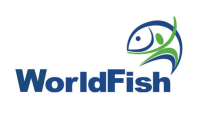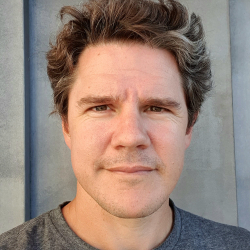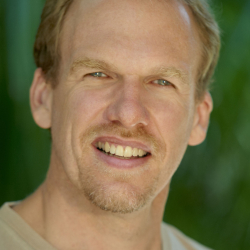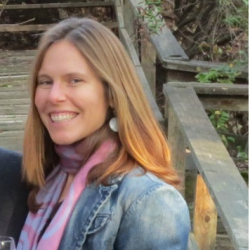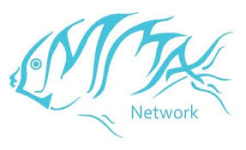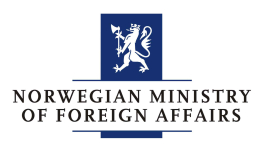The data driven and technological approach of this project, building from data systems already in place from phase 1 (PeskAAS), brings with it the rare opportunity to utilize continuous quantitative variables to evaluate change over time and across social, economic and ecological dimensions. Fisheries outcomes in terms of production will be monitored by the PeskAAS data system developed during Phase 1, providing information on changes in total catch, catch rates, and changes in fisher behaviour (through vessel tracking). These data have been collected regularly since late 2016 from various sites around the country, and will be used to select sites as samples in the controlled trial, and to gather ongoing, high resolution catch data from project sites.
A controlled trial will be carried out to evaluate the impact of fishing technology and fish nutrition messaging on fish consumption and incomes. Two communities will serve as a counterfactual (control) scenario, with 4 other sites being used to test two intervention treatments.

